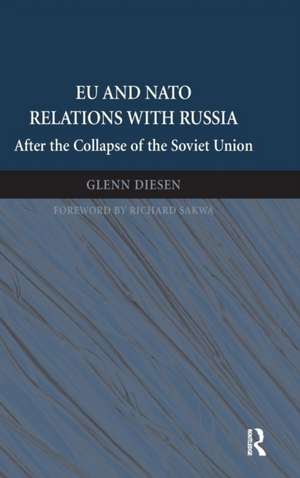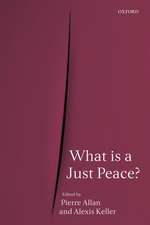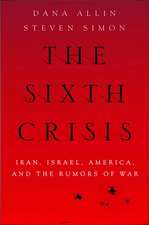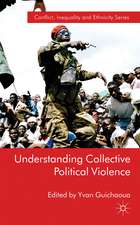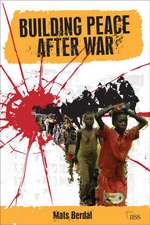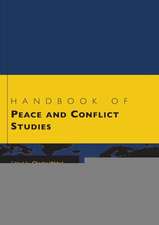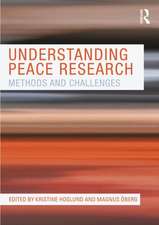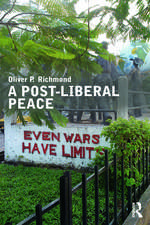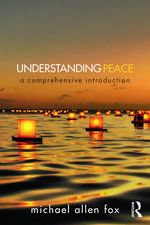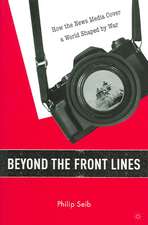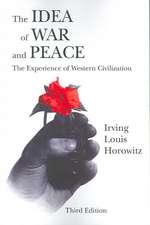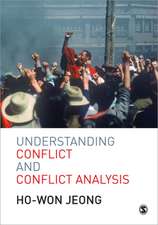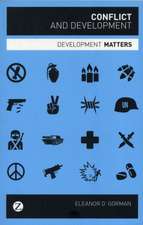EU and NATO Relations with Russia: After the Collapse of the Soviet Union
Autor Glenn Diesenen Limba Engleză Hardback – 28 iul 2015
| Toate formatele și edițiile | Preț | Express |
|---|---|---|
| Paperback (1) | 431.35 lei 6-8 săpt. | |
| Taylor & Francis – 16 iun 2017 | 431.35 lei 6-8 săpt. | |
| Hardback (1) | 1004.20 lei 6-8 săpt. | |
| Taylor & Francis – 28 iul 2015 | 1004.20 lei 6-8 săpt. |
Preț: 1004.20 lei
Preț vechi: 1224.64 lei
-18% Nou
192.14€ • 201.70$ • 159.49£
Carte tipărită la comandă
Livrare economică 10-24 aprilie
Specificații
ISBN-10: 147246110X
Pagini: 236
Ilustrații: Includes 2 b&w illustrations
Dimensiuni: 156 x 234 x 14 mm
Greutate: 0.57 kg
Ediția:Revised
Editura: Taylor & Francis
Colecția Routledge
Locul publicării:Oxford, United Kingdom
Notă biografică
Recenzii
Cuprins
Descriere
Do the EU and NATO threaten Russian security? The book explores the rise of these exclusive a inter-democratic' security institutions after the collapse of the Soviet Union, and the ensuing effects on relations with Russia. Two competing theories are tested to explore whether these institutions aggravate or mitigate the security dilemma with Russia. These institutions can be theorised to promote security as a positive-sum game through European integration and democracy promotion, or pursue collective hegemony with ideologically uncompromising bloc-politics. Glenn Diesen argues that a European security architecture that demotes the largest state on the continent to an object of security inevitably results in a European integration' becoming a zero-sum geopolitical project that has set the West on a collision course with Russia.
